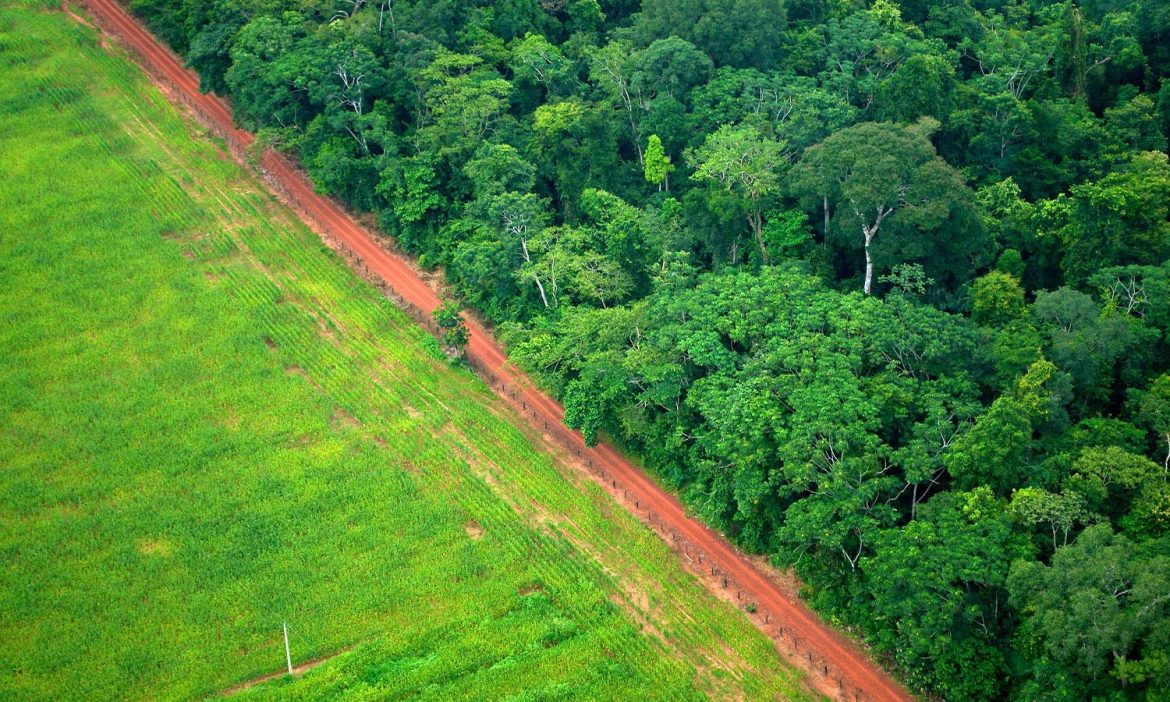A new study, published in Nature Communications, has shown that Earth’s own tropical soils may contribute to climate change as global warming continues, releasing vast amounts of carbon dioxide (CO₂) as they warm and potentially accelerating a dangerous feedback loop.
Tropical forests have long been viewed as critical allies in the fight against climate change, natural systems that absorb excess carbon and cool the planet. But this new research. led by the U.S. Forest Service, with Chapman University as a key senior collaborator, shows that warming itself is causing these forests’ soils to release enormous amounts of CO₂, essentially flipping the script.
This matters to everyone. If rainforests begin acting as carbon sources instead of sinks, it could accelerate global warming far faster than previously predicted, affecting everything from sea-level rise and extreme weather to food security and public health. Understanding these feedback loops is essential if we are to prepare for, and hopefully prevent, the worst impacts of a rapidly changing climate.
Read also: Turkey’s New climate law in Turkey ushers in sweeping changes for businesses, investors
The international research team, including Chapman Assistant Professor of Biological Sciences Dr. Christine Sierra O’Connell, found that soil respiration in a Puerto Rican rainforest increased by 42–204% in experimentally warmed plots, one of the largest CO₂ release rates ever recorded in a terrestrial ecosystem. The findings position belowground ecosystems as critical players in the global climate crisis.
“This research shows that as the planet warms, tropical soils may begin to amplify that warming,” said O’Connell. “If these patterns persist across time and regions, we may be drastically underestimating the extent to which tropical forests will lose carbon and accelerate climate change.”
The study simulated a future climate scenario by raising atmospheric temperatures 4 °C using infrared heaters, marking the first such experiment in a tropical rainforest.
Conducted through the TRACE (Tropical Responses to Altered Climate Experiment) project, which includes undergraduate researchers from Chapman University working alongside faculty in the field, the work suggests that microbes, not plant roots, were responsible for the dramatic CO₂ increases.
These findings are significant because soils store more carbon than the atmosphere and all terrestrial plants combined. Releasing that carbon could amplify warming globally.
“We are witnessing a troubling shift,” O’Connell added. “The very systems we rely on to stabilize the climate may now be pushing us in the opposite direction.”
Story was adapted from Phys.org.
